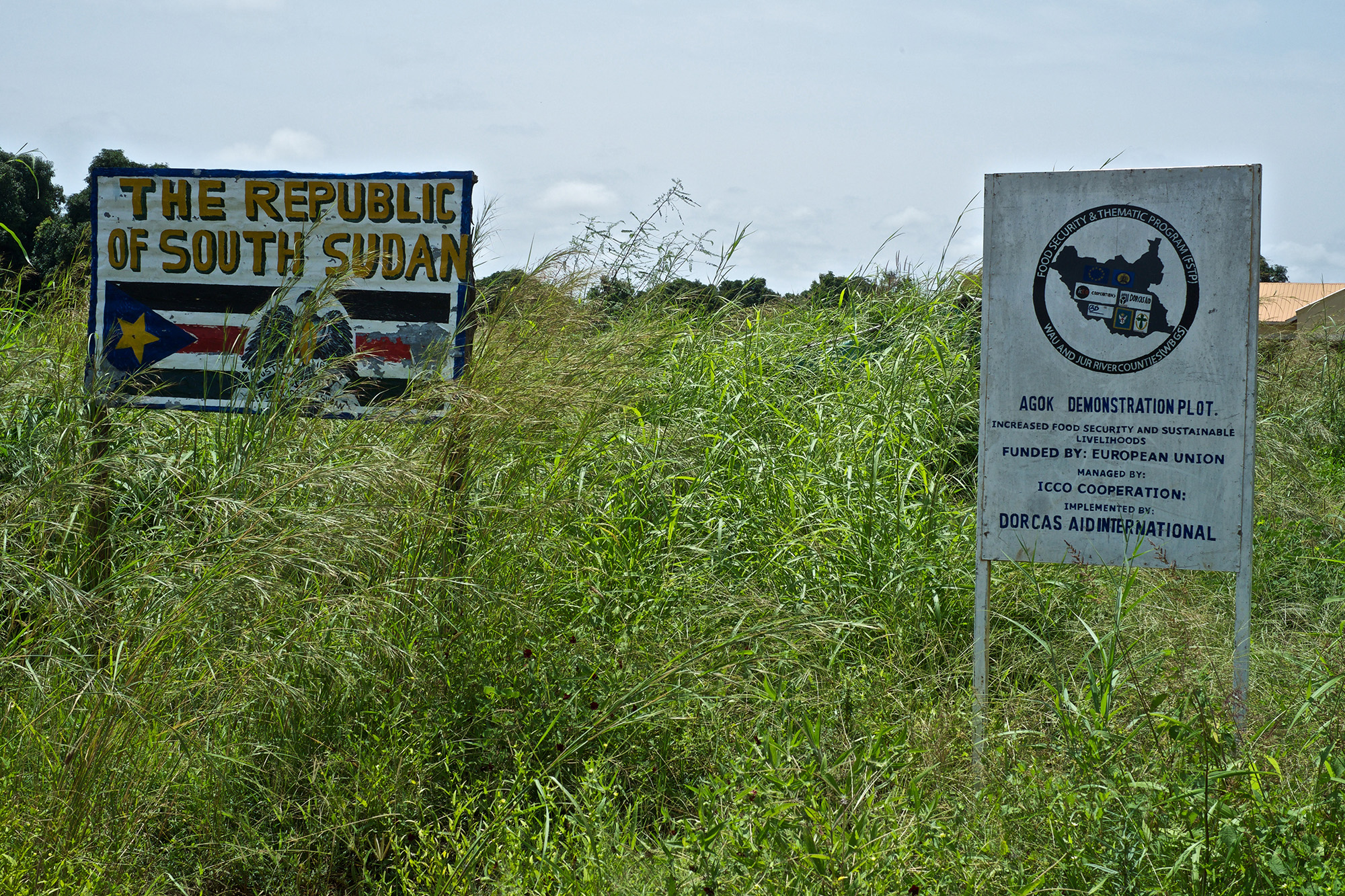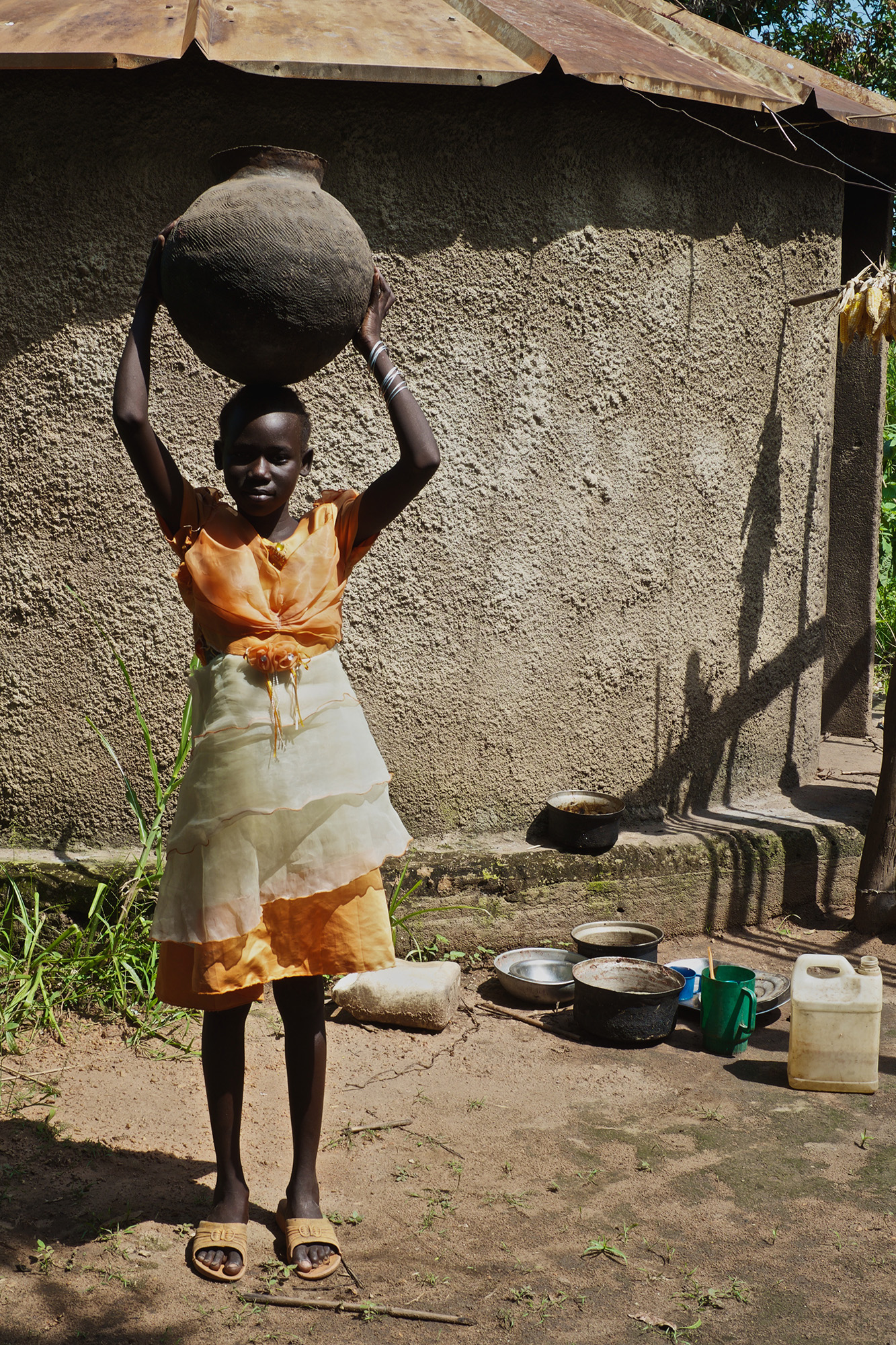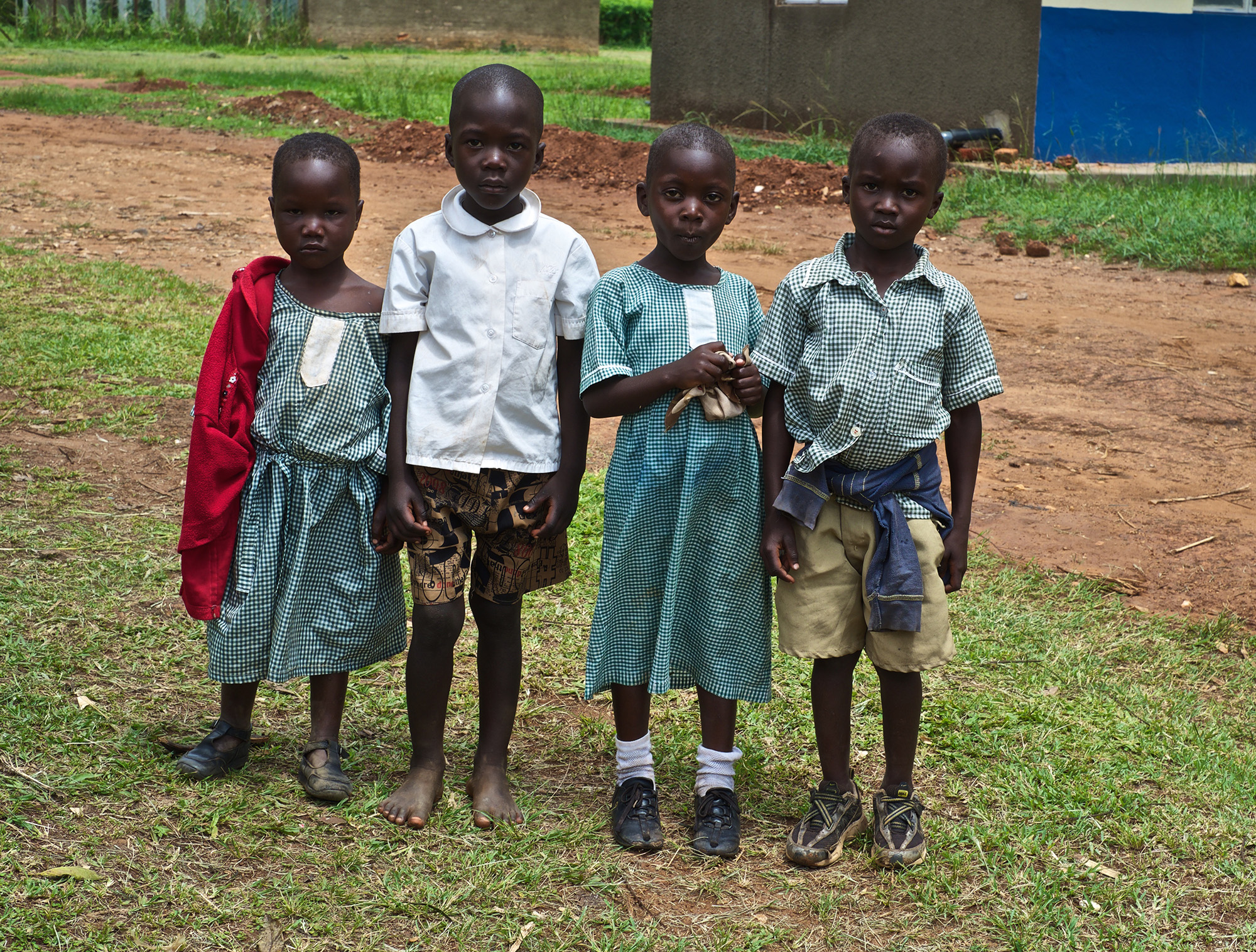In 2013 I was in South Sudan. As a photographer for aid organizations.
In the youngest country in the world, international and regional peace efforts have so far failed to lead to lasting peace. In South Sudan, all state welfare functions have ceased to exist. The suffering civilian population bears the consequences. There have been millions of internally displaced people since the fighting broke out.
A sign of dignity
Elderly and single people in particular usually only struggle to ensure their survival. They are happy to be still alive and see old age as a sign of dignity. But getting old is by no means a matter of course for these people. Medical care is a reflection of the overall situation: essentials are missing everywhere.
The roads in the East African state are almost impassable. There is only one tar road in the whole country. It took us all day for 80 kilometers of dirt roads in the south near the border with Congo. Militias set up checkpoints on the streets and extort tolls or rob their victims. Vehicles often jam in front of gas stations due to a lack of petrol. Although South Sudan itself sits on oil wells, which it cannot use because of the civil war situation, the country has to buy gasoline on the world market for dollars that it does not have.
South Sudan has been independent since 2011 and has been making more and more headlines since the end of 2013, when a bloody civil war began. There are primarily the largest of the approximately 200 ethnic groups in the country, the Dinka, and the second largest, the Nuer.
The former support the President Salva Kiir, a Dinka, the latter the former Vice President Riek Machar, a Nuer. Both politicians and most of their men were active in the liberation struggle against the north (the State of Sudan) until 2005. Many of those who are now fighting again are in the South Sudanese Army (SPLA) and armed accordingly.
Causes of conflict
The different ethnic groups in the country have had arguments again and again for many generations. Between the two largest ethnic groups, Dinka and Nuer, there were often conflicts over land – ranchers versus farmers, historically one of the most common causes of conflict. The arbitrary drawing of borders during the colonial era meant that these groups had to divide the country.
The civil war has already claimed over 20,000 deaths. Around 2.2 million people have been displaced or are on the run. Germany is participating in the UNMISS peace mission of the United Nations in South Sudan.
There are still many attacks, almost every national and international aid organization in Juba has already been attacked and robbed. Many western countries do development aid and pretty much every major international aid organization is represented.






